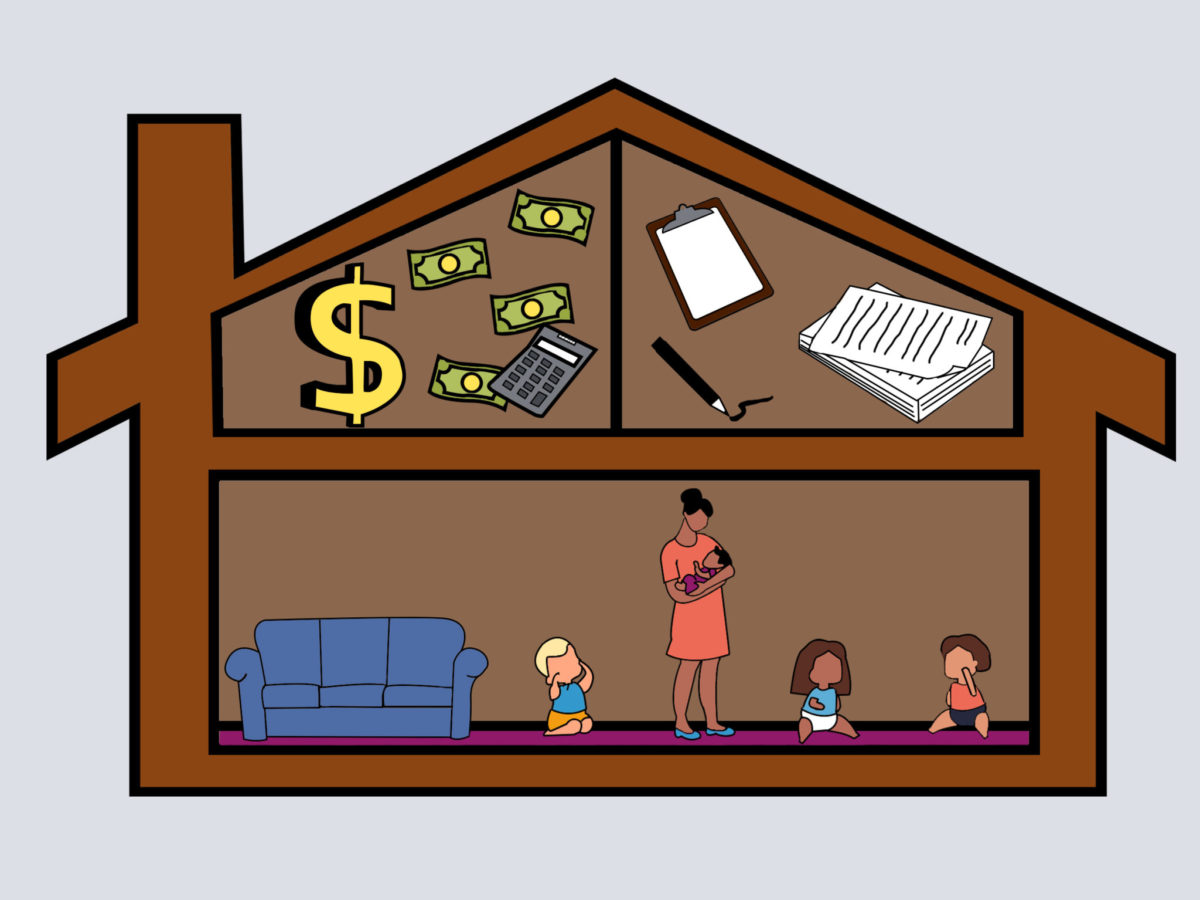

|
|
The federal government has awarded a $4 million Preschool Development Grant to the state Department of Health and Human Services (DHHS), which the state will use to support family child care homes and increase access for children and families, DHHS announced this month.
Family child care homes are licensed facilities within residences that care for a small number of children. They provide more intimate environments and more flexible hours than child care centers.
Home-based programs often also meet the linguistic needs and cultural norms of families and provide access to care in communities without other options, a recent report on home-based child care in North Carolina said.
“When we invest in high-quality early care and learning, we support young children’s healthy development and school success, make it possible for families to go to work, and strengthen our state’s economy,” Susan Gale Perry, DHHS chief deputy secretary for opportunity and well-being, said in a press release.
“Our top priority is supporting our child care workforce so that they have the skills, knowledge and compensation they need to stay in the field. The Preschool Development Grant will help us serve a critical part of that workforce better — family child care providers.”
Although home-based programs provide distinctive benefits to communities, the network of licensed family child care homes across the state has shrunk. There were 28% fewer home-based programs in November 2022 than in January 2018. And the state has a smaller share of its child care spaces in homes than other states with similar populations, the same report said.
Home-based providers face a host of financial and logistical challenges, including understanding and addressing complicated licensing standards, filling multiple roles at once, and running into barriers to public funding.
Many home-based programs are unlicensed. The report estimates that 300,000 children under age 6 are cared for in informal settings, and it suggests that providing regulation-exempt programs with public resources could meet the needs of many more children.
“In short, limiting opportunities to participate in child care quality improvement supports or resources potentially hurts thousands of North Carolina children and families,” the report says. “A broader, more flexible approach to quality improvement could focus on enabling a range of safe child care options that support child development in homes, faith-based and community settings.”
The state plans to use the grant for five activities, according to the press release:
Identifying needs, challenges and barriers faced by family child care homes;
Maximizing parent and family engagement opportunities;
Increasing access to quality early care and learning by strengthening the FCCH network;
Expanding professional development for providers;
Developing best practices for increasing subsidies for providers to improve program quality.
“Expanding support for family child care homes can provide access to the high-quality early childhood education that is critical for every child in North Carolina,” said Ariel Ford, director of the Division of Child Development and Early Education. “We’re proud to receive this grant and look forward to investing in proven strategies and creating new solutions that allow us to continue boosting quality for all, while addressing the gaps in access and outcomes in our state.”
Go here to see how the state has used its $41 million in PDG funds since 2018, including expanding home visiting, providing professional development to early childhood teachers, and improving early childhood data systems. The grants are set up so that states are awarded one-year planning grants, and then three-year renewal grants. The state’s most recent grant is a planning grant.





